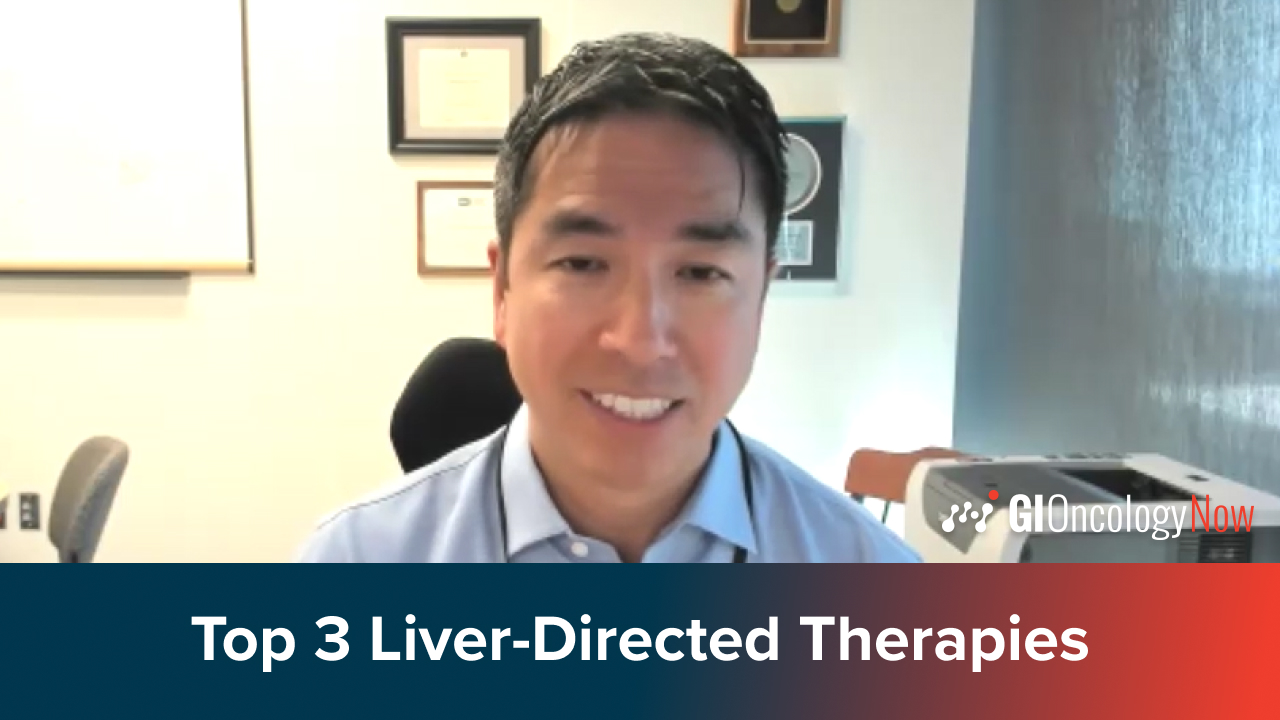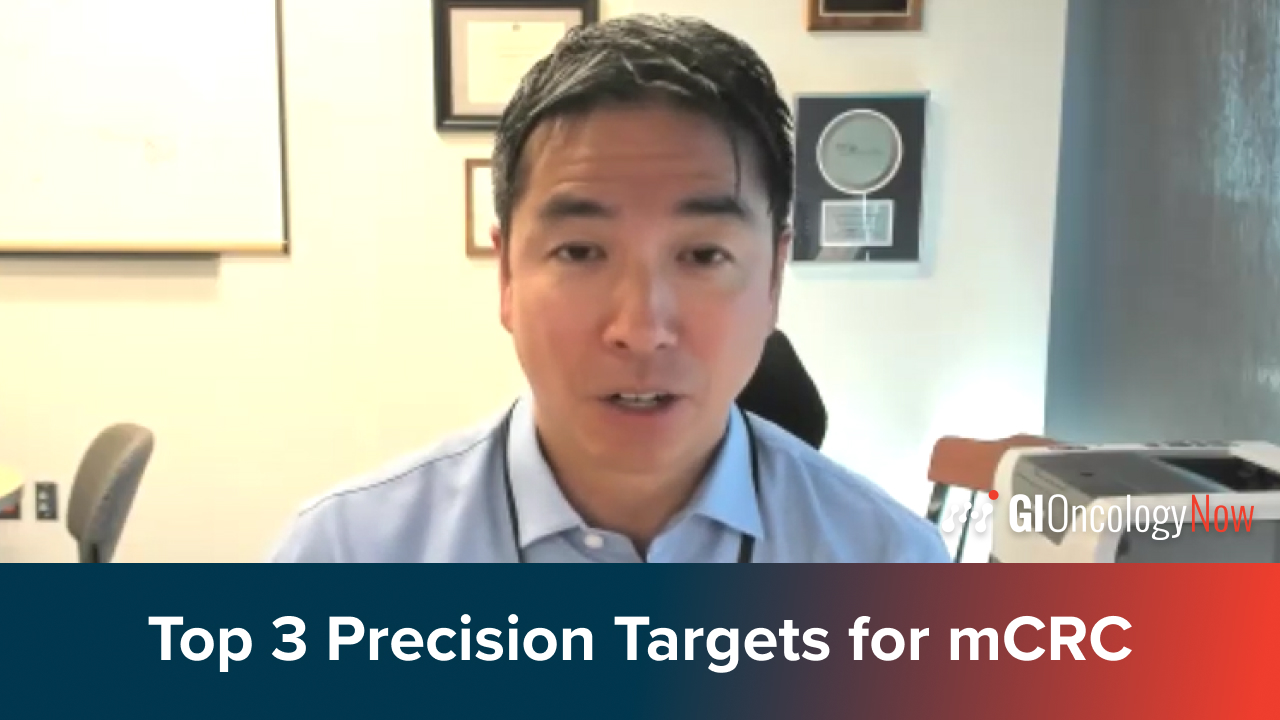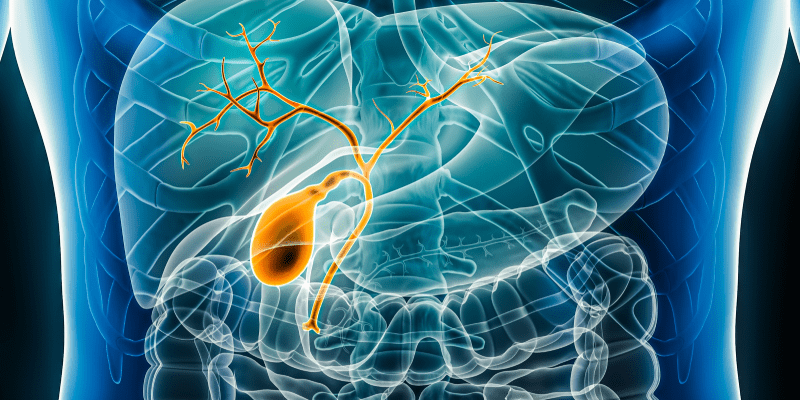
A recent study published in The Lancet Oncology and led by Dr. Julien Calderaro presented findings indicating that artificial intelligence (AI) may be an effective biomarker for detecting sensitivity to atezolizumab plus bevacizumab in patients with hepatocellular carcinoma (HCC).
Prior research has shown that when evaluated using molecular biology profiling techniques, the atezolizumab–bevacizumab response signature (ABRS) demonstrated a connection with progression-free survival (PFS) following the start of treatment.
Investigators noted that the combination of atezolizumab plus bevacizumab only appears to be effective in a small sample of patients with HCC and called for increased research to identify more biomarkers.
Dr. Calderaro and colleagues sought to create an AI model that could predict ABRS expression using histological slides. They also investigated the possibility that the model could offer predictions related to PFS.
Researchers used the clustering-constrained-attention multiple-instance learning pipeline to create an AI model (ABRS-prediction; ABRS-P) that was trained with a multicenter dataset from The Cancer Genome Atlas.
For the 840 participating patients, the mean Pearson correlation between ABRS-P values and ABRS score was r=.62 (P<.0001). The study also found that the ABRS-P demonstrated positive results in the external surgical resection series (r=.60; 95% CI, 0.51-0.68; P<.0001) and the external biopsy series (r=.53; 95% CI, 0.40-0.63; P<.0001).
Of the 122 patients who received atezolizumab plus bevacizumab, those who presented with ABRS-P-low tumors (n=48) experienced a shorter median PFS than those with ABRS-P-high tumors (n=74; 7 months vs 12 months, respectively).
The researchers concluded that using an AI model to investigate HCC digital slides is an effective biomarker for PFS in patients with HCC who received atezolizumab plus bevacizumab.
They reported that the AI model could assist in creating inexpensive and swift biomarkers for targeted HCC therapies. “This methodology could be applied to other cancers or diseases and improve understanding of the biological mechanisms that drive responses to treatments,” they wrote.







 © 2025 Mashup Media, LLC, a Formedics Property. All Rights Reserved.
© 2025 Mashup Media, LLC, a Formedics Property. All Rights Reserved.